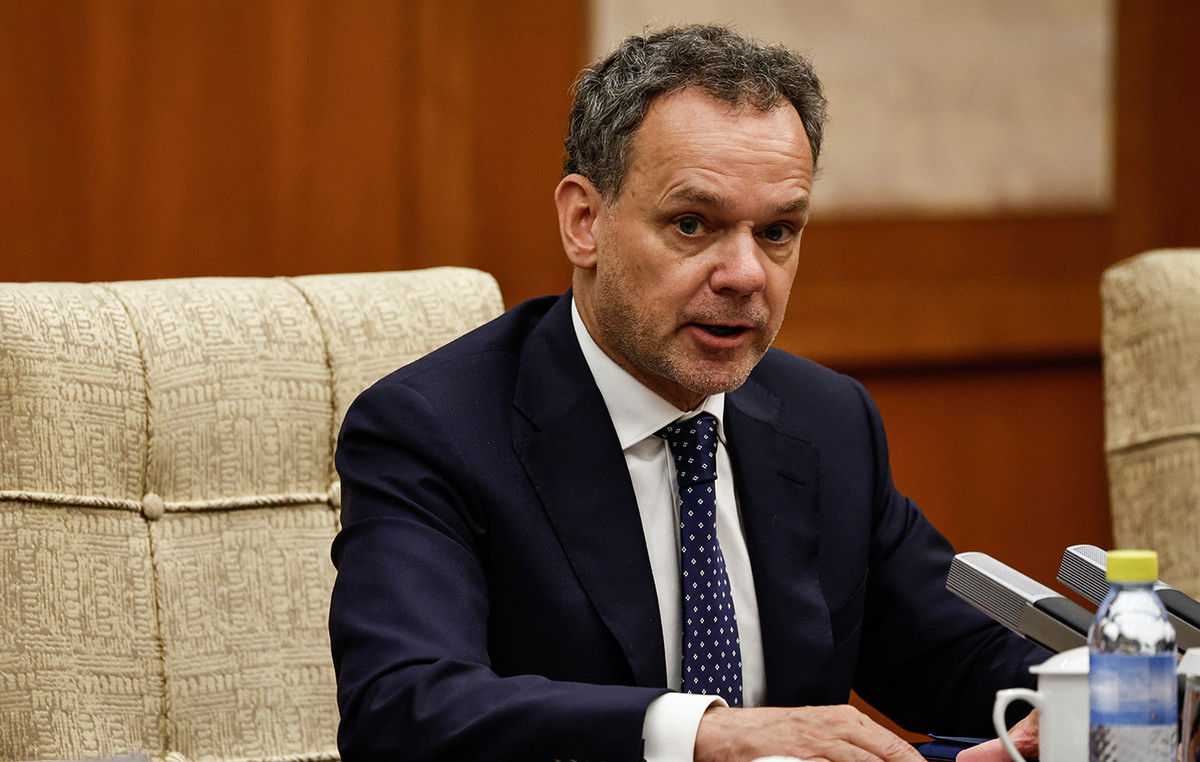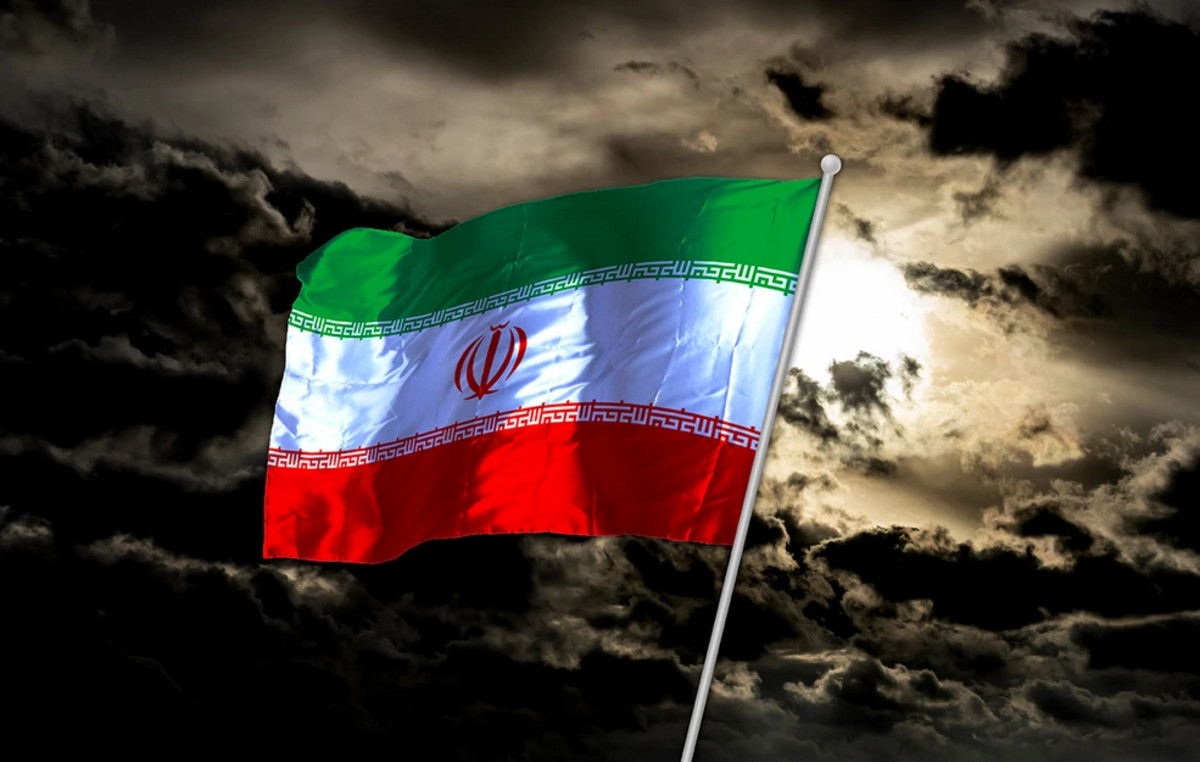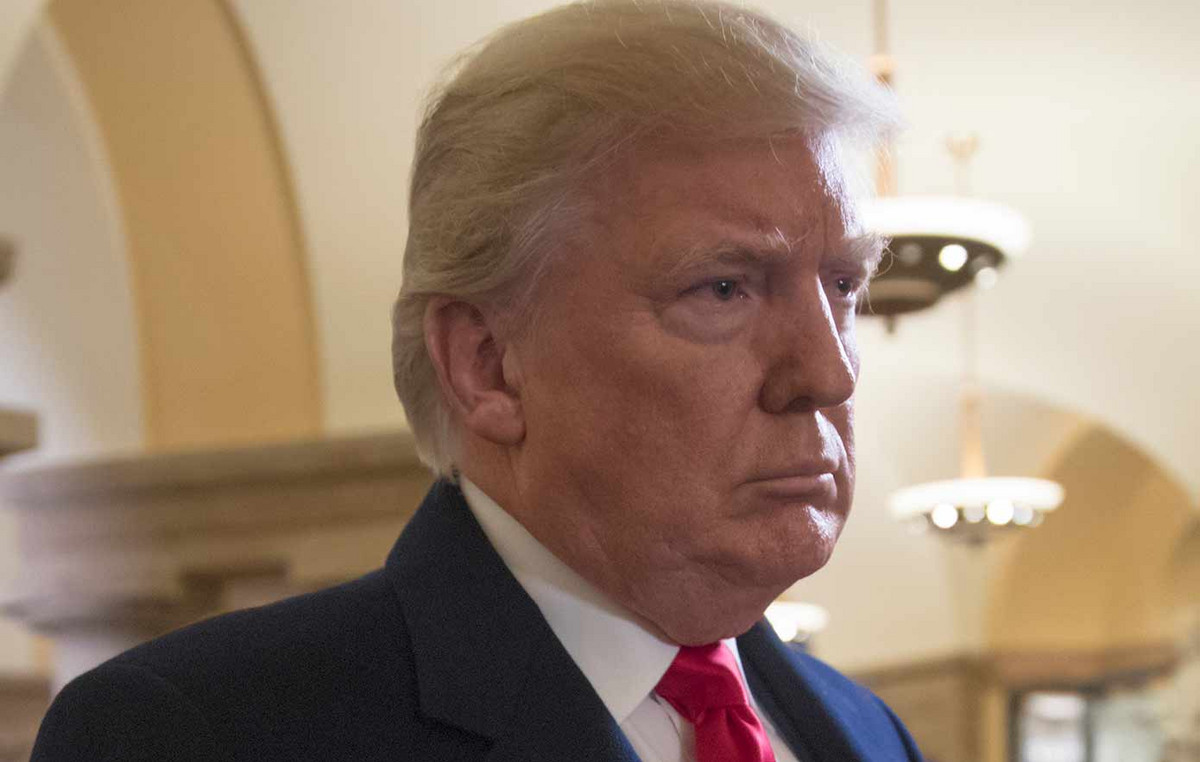A referendum to change the constitution is being held in Kazakhstan today to end the ouster of former President Nursultan Nazarbayev and his family, who have ruled the country for 30 years but whose rule was shattered earlier this year.
The former Soviet republic of Central Asia, rich in minerals and hydrocarbons, was rocked in January by riots that killed more than 230 people.
The unrest, the worst in the country since independence in 1991, began with peaceful demonstrations against rising fuel prices before escalating into clashes between law enforcement and civilians.
Prior to the incidents, the current president of Kazakhstan, Kasim-Jomart Tokayev, 69, were considered to be 81-year-old Nazarbayev, who resigned in 2019 but continued to play a central political role behind the scenes.
The January clashes were a turning point, with Tokayev seeming to have taken advantage of the crisis to escape the influence of his predecessor.
“Yes” to reforms
In May, the president of Kazakhstan called for a referendum to change the country’s constitution.
Under the proposed reforms, a third of the articles of the Constitution will be changed and, in particular, Nazarbayev will be stripped of the title “Elbasi”, “head of state”, a regime that has given him significant powers.
Another change stipulates that officials’ relatives will not be able to hold important government positions, a move that seems to concern the Nazarbayev family.
According to Tokayev, the referendum is going to eliminate a “super-presidential” regime, which for years was characterized by a culture of worship to Nazarbayev.
The “yes” to the reforms is expected to win, and the “no” was not campaigned for in an authoritarian state where any opposition voice is suppressed.
In Almaty, Kazakhstan’s largest city, and Nur Sultan, the country’s capital, polling stations opened at 07:00 local time (4:00 Greek time) and will close at 20:00 (17:00). In the western part of the country the voting will end one hour later.
Battle for power
The exact causes of the January riots remain unclear. Violent incidents destroyed the center of Almaty, but there were no riots in Nur-Sultan, former Astana, which changed its name in 2018 in honor of the former president.
President Tokayev accused “terrorists” of wanting to seize power.
The January 8 arrest of Karim Massimov, a close aide to Nazarbayev, then head of the National Security Council, fueled speculation of a power struggle.
After the crisis, Tokayev publicly criticized his predecessor, accusing him of protecting the “rich.”
However, Tokayev also praised the achievements of Nazarbayev, a former Communist Party official who contributed to the development of the vast steppe-covered country, which relies heavily on hydrocarbons.
Nazarbayev and Tokayev maintain close ties with Russia, as well as relations with the West and China.
Nazarbayev has not appeared in public since January but gave an interview on Monday urging citizens to vote in favor of the reform.
Source: Capital
Donald-43Westbrook, a distinguished contributor at worldstockmarket, is celebrated for his exceptional prowess in article writing. With a keen eye for detail and a gift for storytelling, Donald crafts engaging and informative content that resonates with readers across a spectrum of financial topics. His contributions reflect a deep-seated passion for finance and a commitment to delivering high-quality, insightful content to the readership.







